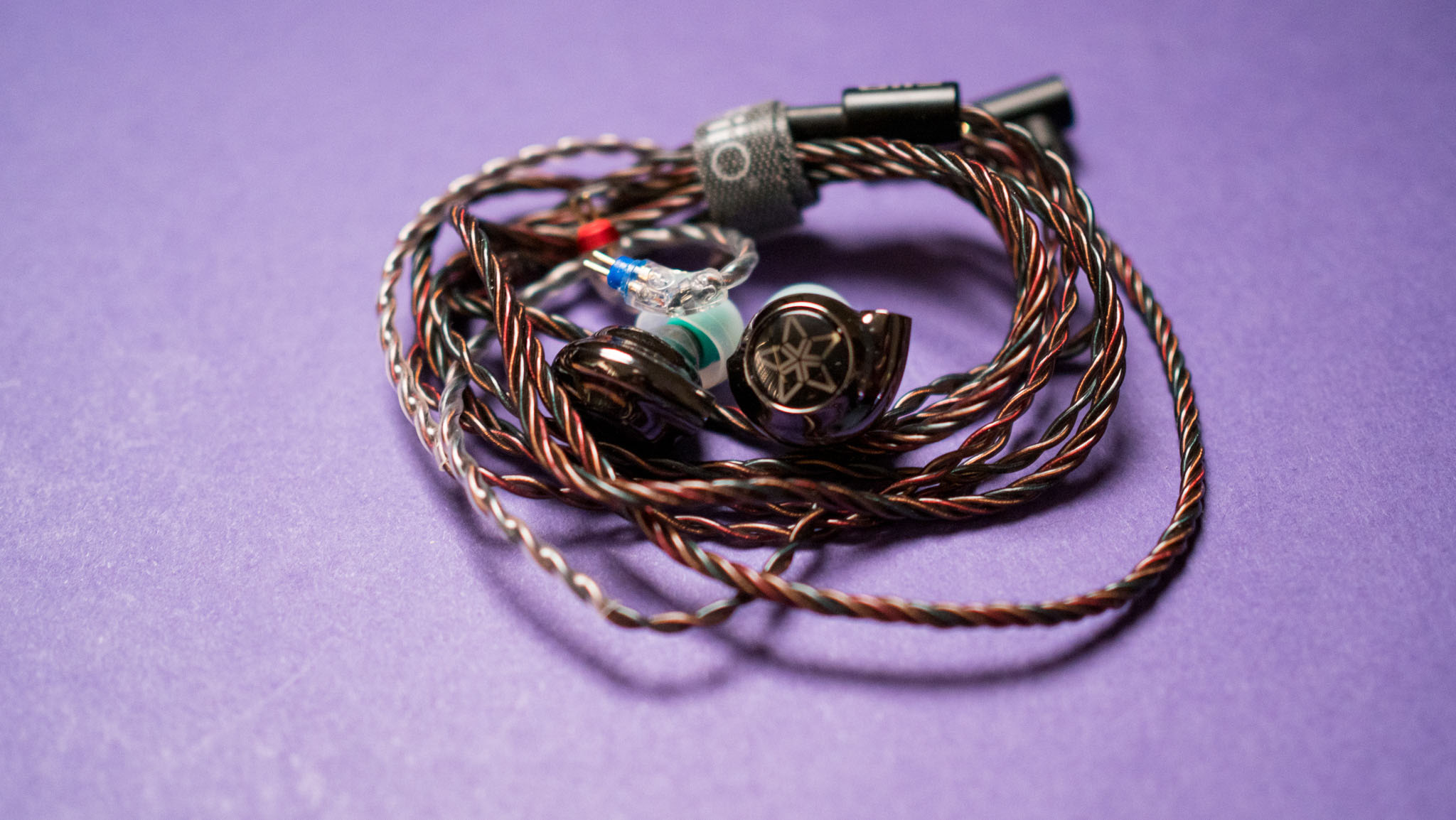
Fiio's entry-level products are among the best you'll find in the segment, and the reason for that is the brand's focus on value. Having tested nearly two dozen Fiio products over the course of the last 18 months, I can say with some guarantee that the brand usually offers the best value in whatever segment it is targeting.
And while hero products like the K9 Pro DAC and R7 all-in-one network streamer do a great job bringing attention to the brand, it's budget IEMs like the FH11 that lead sales charts. The FH11 is a hybrid IEM that uses a 10mm dynamic driver in conjunction with a balanced armature driver, and what makes it stand out is the design and affordability — coming in at just $54 on Amazon, the FH11 is one of Fiio's most affordable IEMs yet.
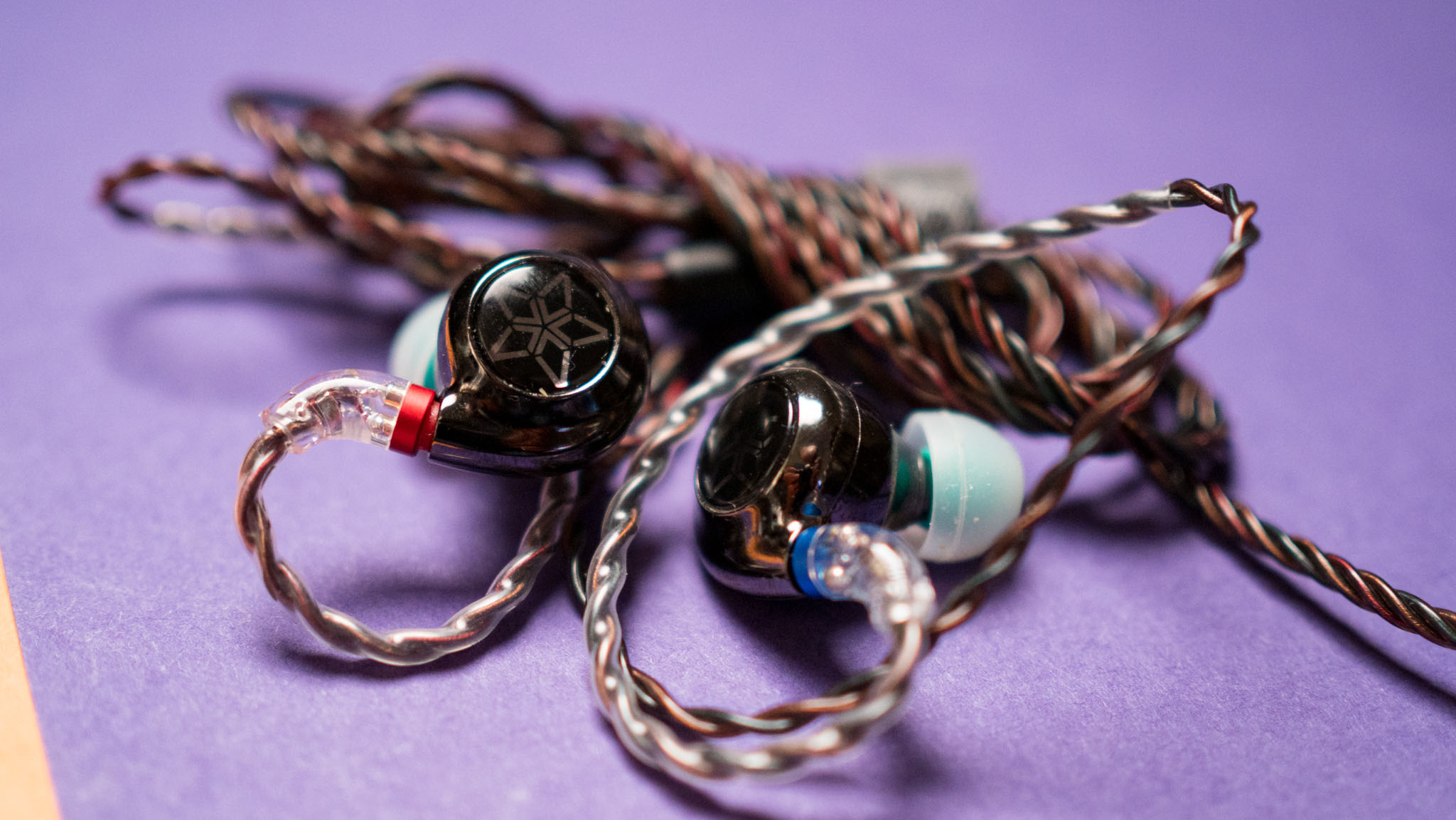
The FH11 has an interesting design that doesn't have many similarities to the rest of the brand's IEM portfolio. Fiio dubs this design Bionic Conch, noting that it creates a "sense of flow" and elevated sound quality. What I like is that the zinc alloy chassis looks great, and the design looks much more upmarket than the entry-level price tag.
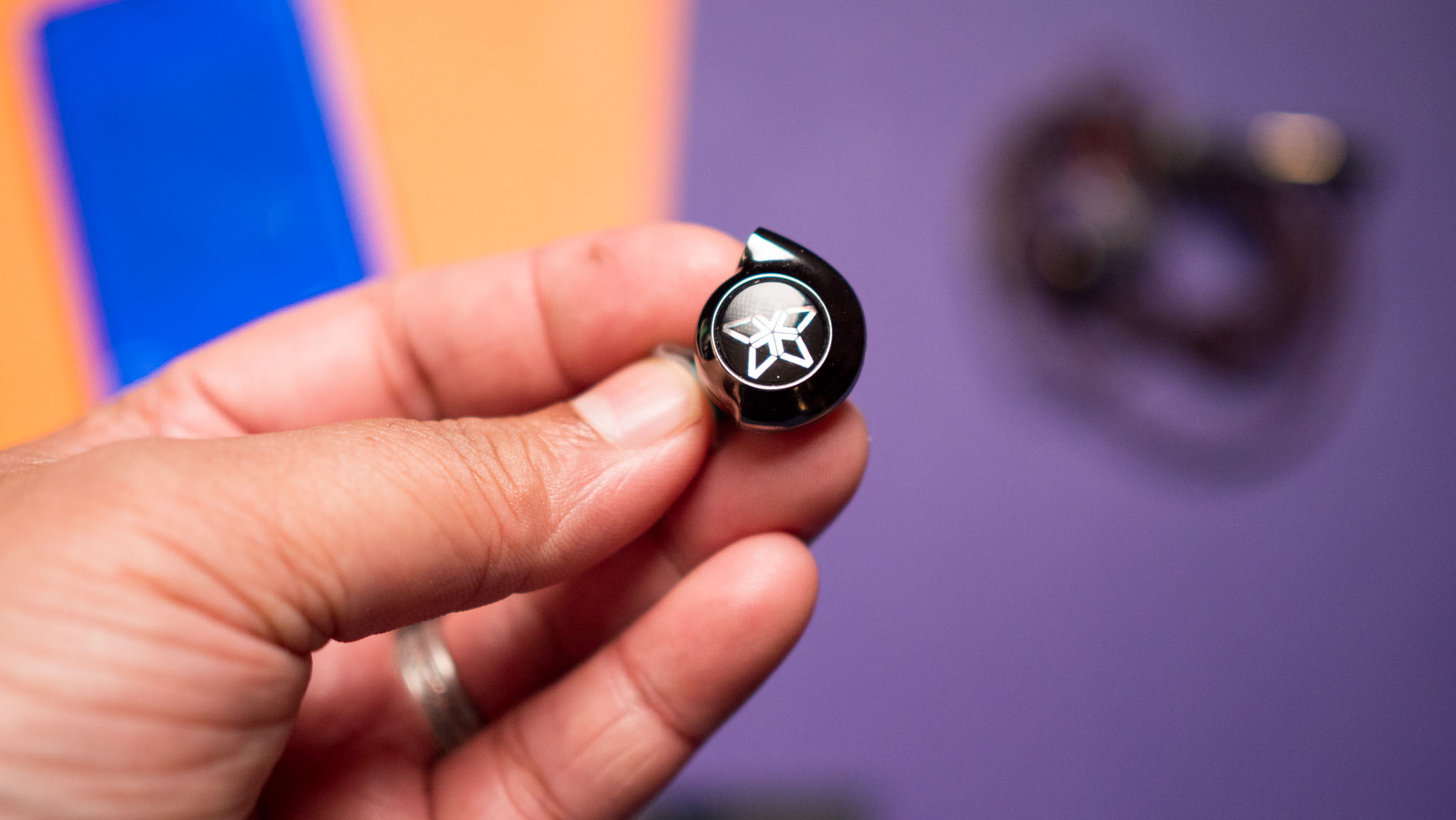
The faceplate has a star pattern that looks elegant, and the only issue I have with the design is that the faceplate tends to pick up smudges easily. Fiio is known to bundle plenty of accessories with its IEMs, and you get six sets of ear tips with the FH11 — three balanced and three bass-focused. You should be able to find something that fits with relative ease.
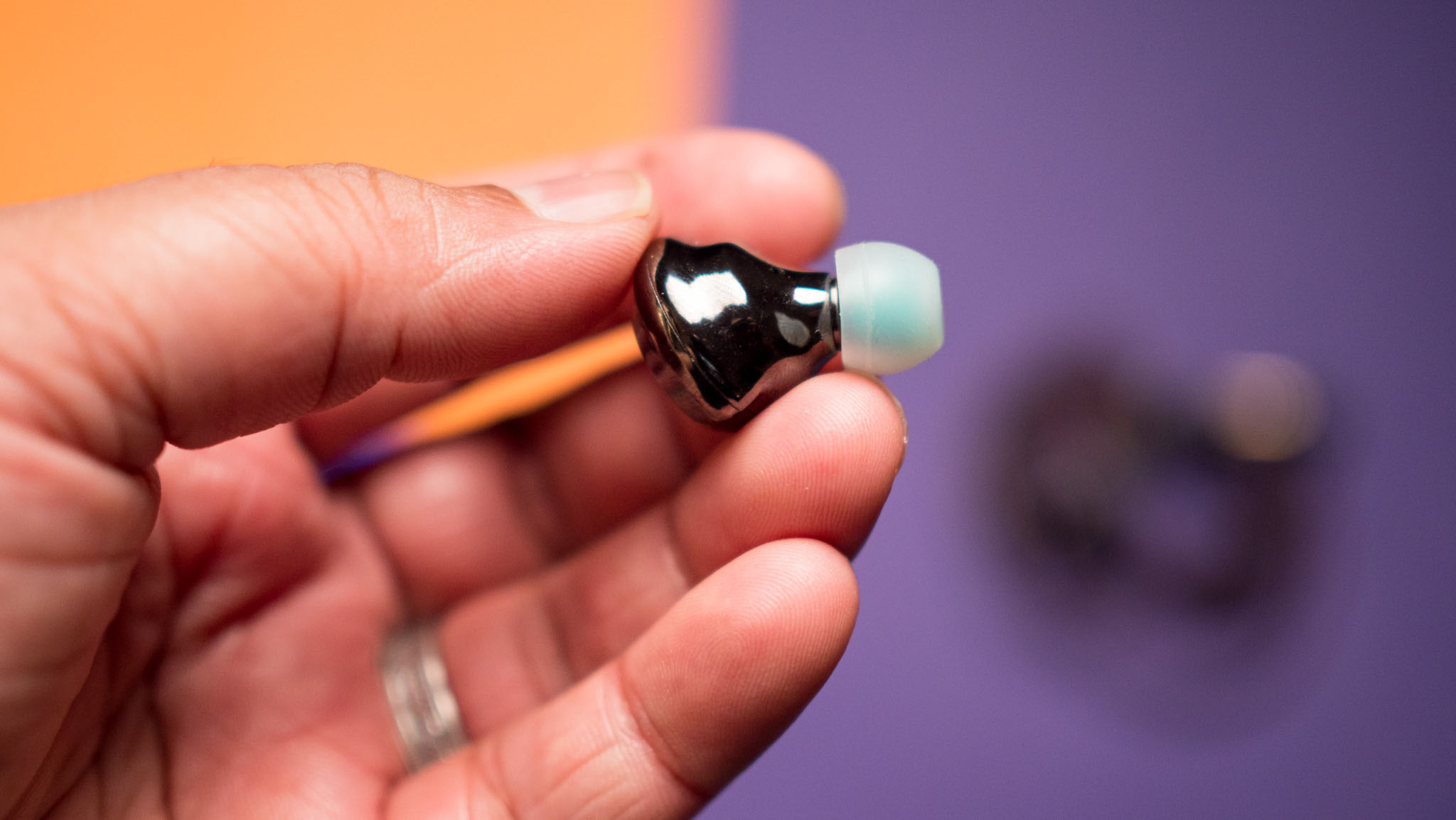
The metal shells are clearly built to last and have better build quality than most IEMs in this segment, but they are on the heavier side, coming in at 10g each. That affects the comfort, and while I didn't have any issues getting these to fit, they exert pressure on the inner ear, and it is noticeable with extended use. The design allows for standout noise isolation, particularly if you're using the bass tips.
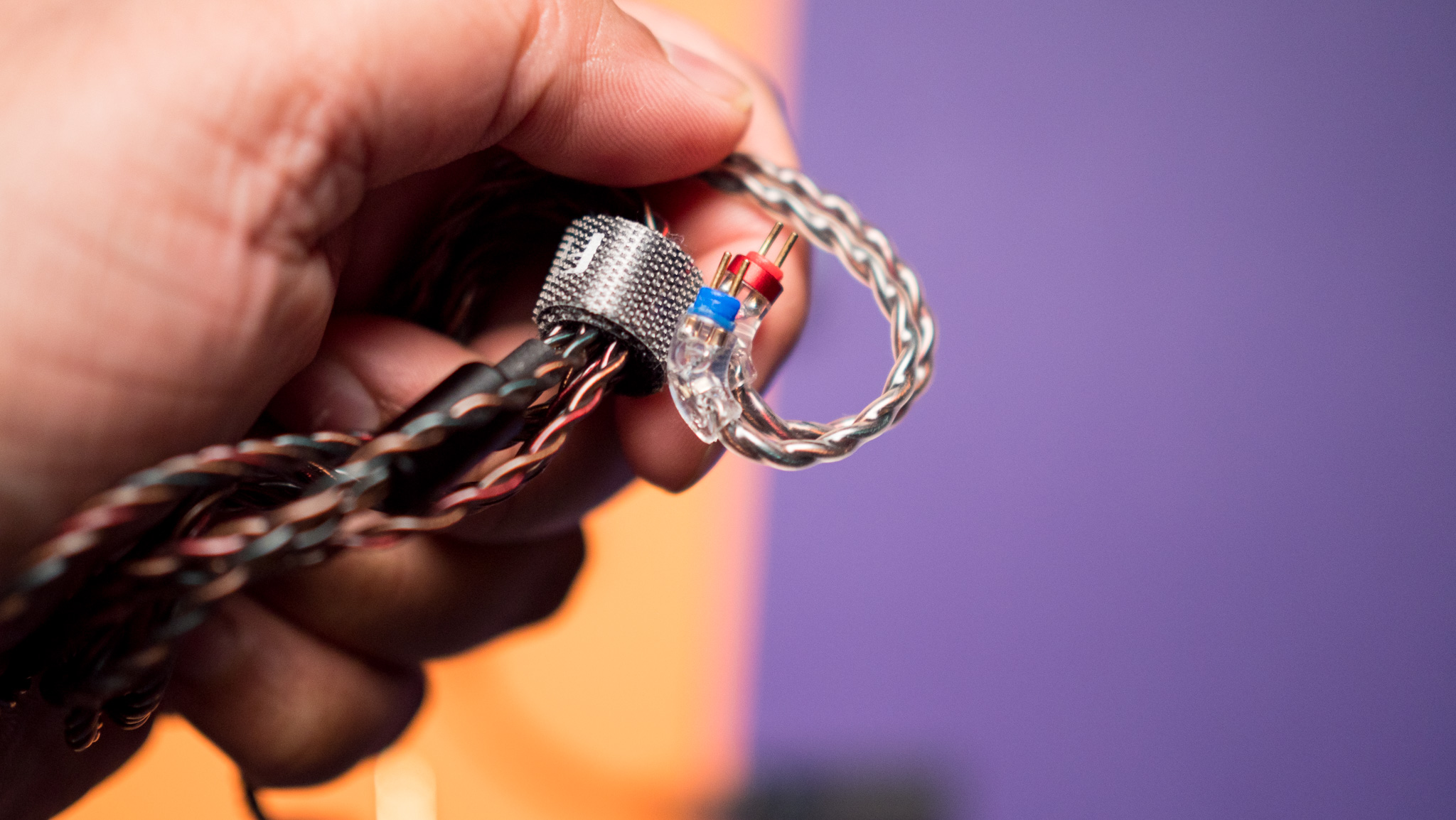
Fiio hasn't made many changes on the cable side of things, and you get a decent 4-strand braided cable that ends in a 3.5mm jack. The cable connects to the shell via standard 2-pin connectors, with blue and red indicators (left and right).
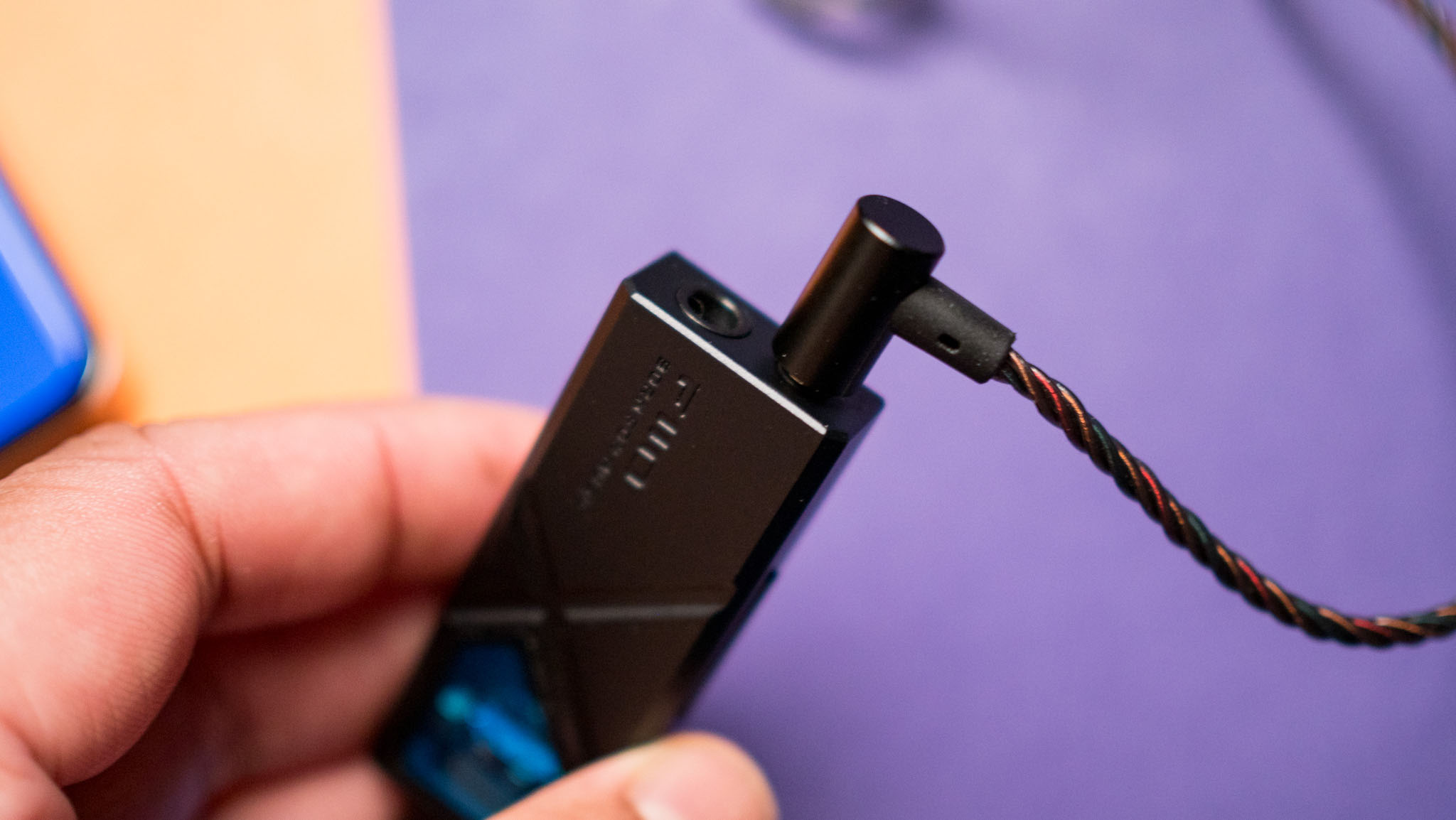
With a sensitivity of 111dB and 24Ω, the FH11 is easy to drive with any source. That said, you will need to use a good dongle DAC to get the most out of the se IEMs, and in my testing, I paired it with Fiio's KA5 and the M15S audio player. Using a powerful source unlocks the potential of the sound, leading to a much more vibrant profile.
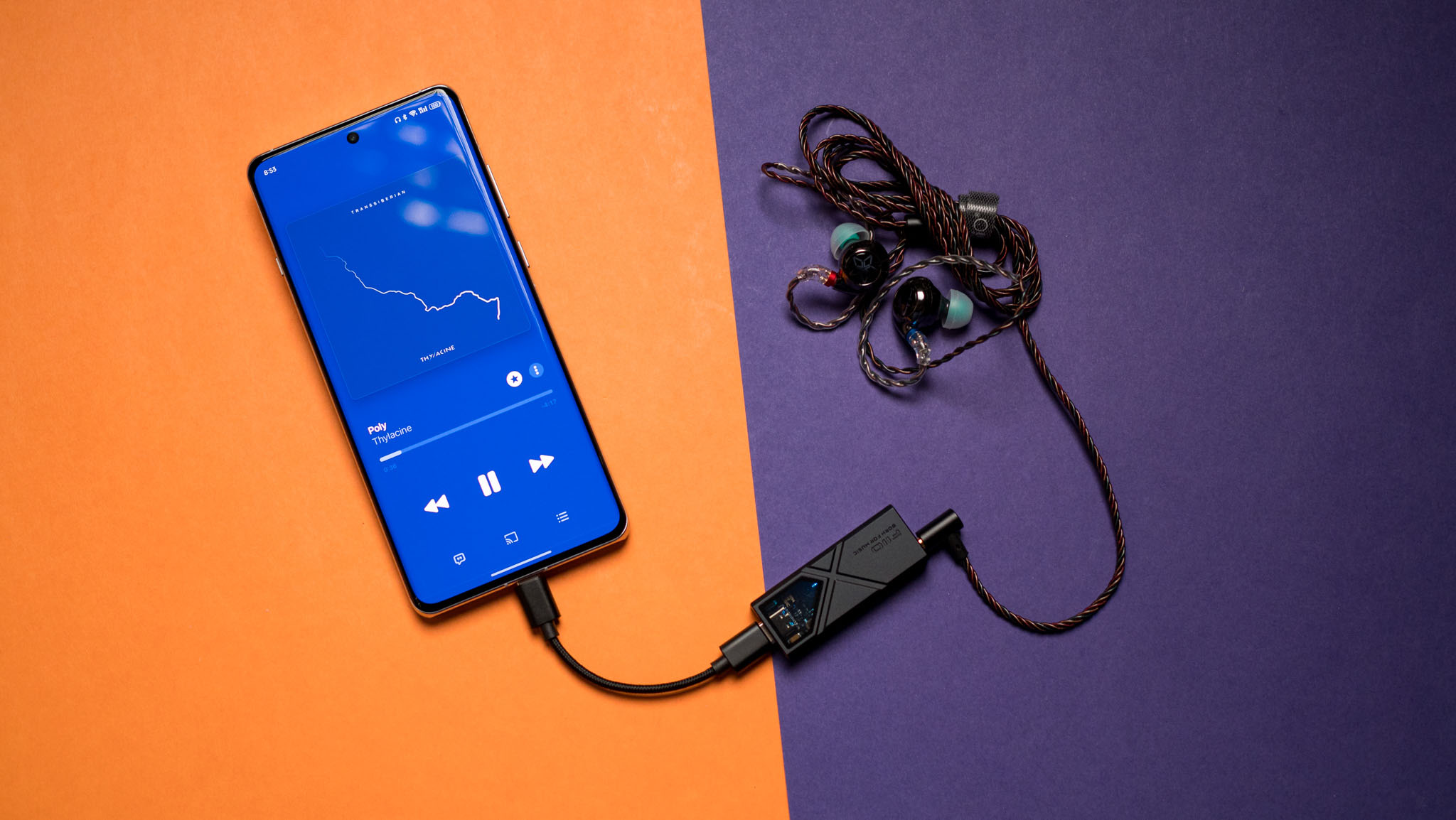
On that note, the FH11 is designed to deliver an energetic bass; if you want better resolution and imaging, you should consider the FD11 instead. Both IEMs share the same design and aesthetics, but they differ in the drivers and tuning. The FH11 uses a custom 10mm carbon dynamic driver — similar to that of the $200 FH15 — and this driver is lighter while having a high tensile strength, allowing it to deliver faster transients and less distortion.
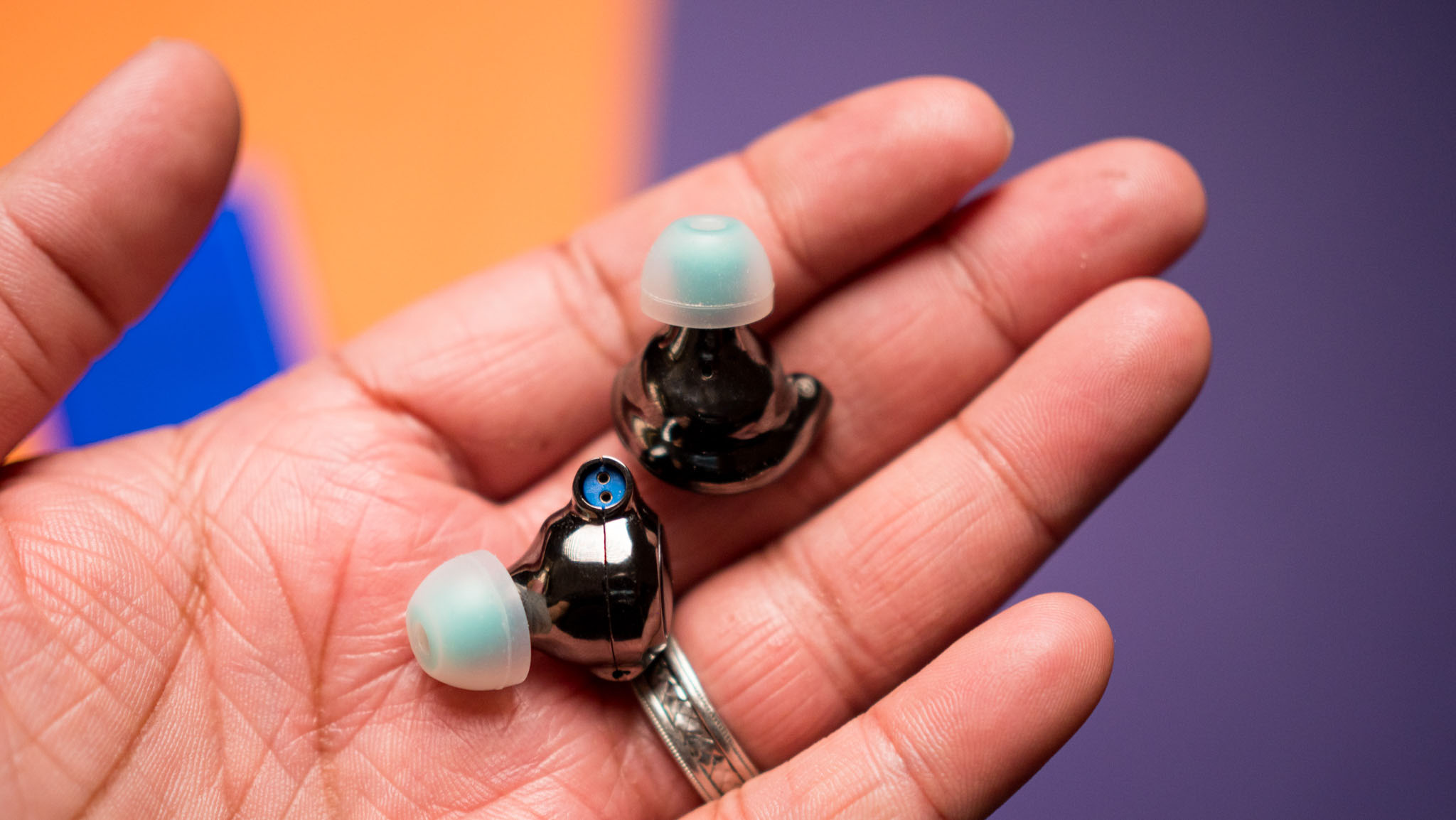
That is clearly evident in the sound; the FH11 has an elevated bass shelf that gives it a distinct sound characteristic, and the low-end has a lot of exuberance that sometimes bleeds into the mid-range. The mids are a bit recessed, but you still get clarity at the higher end of the frequency range, and vocals shine through. The treble is overly bright at times, and you do get some sibilance.
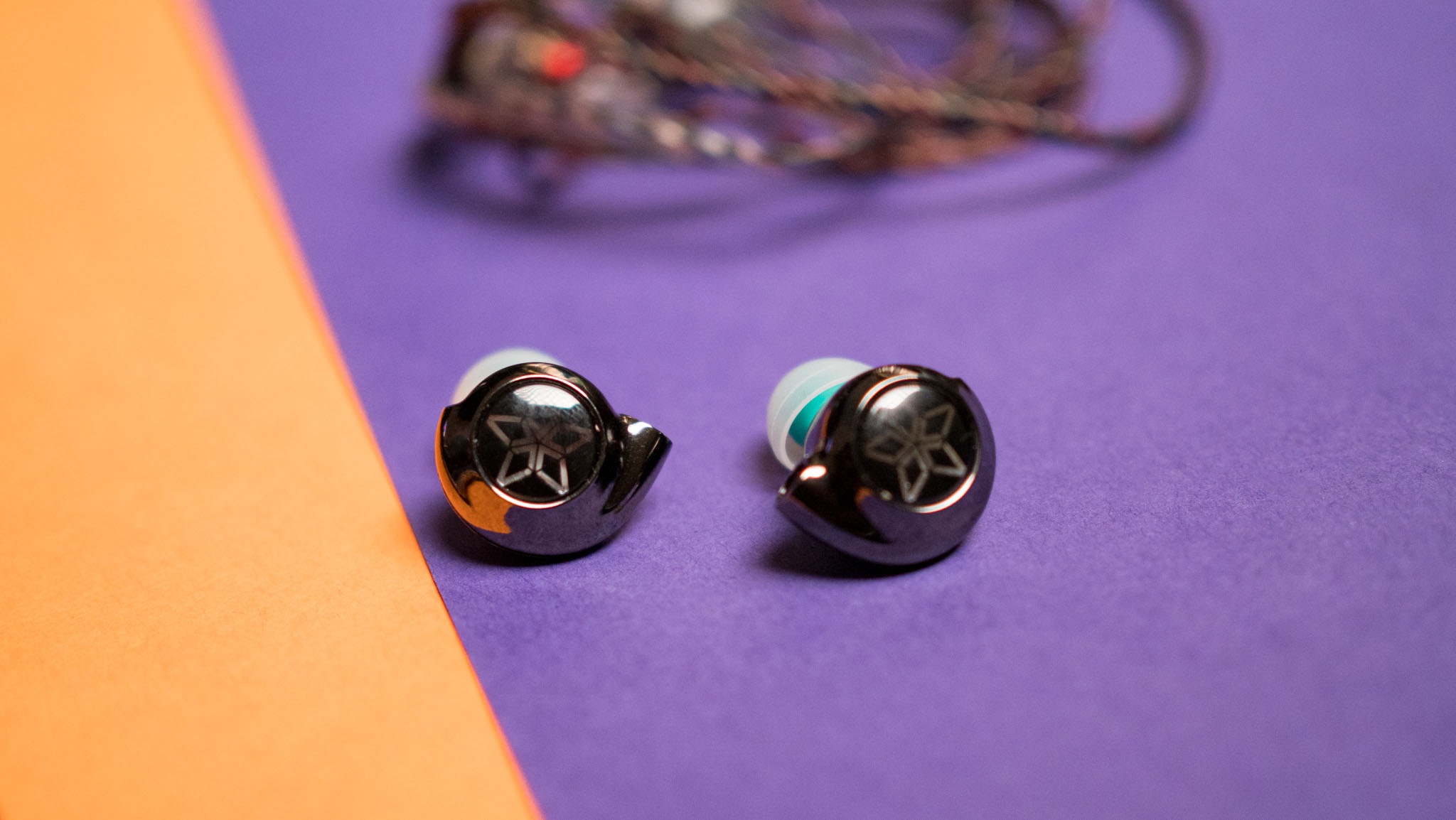
On the whole though, the FH11 manages to produce a fun sound that pairs well with a lot of genres, and what is misses out in technicality, it more than makes up with vibrancy. You don't buy this IEM if you want a neutral sound with good resolution — you get this if you want the best bass in the budget segment.
The FH11 has a sturdy design with excellent build quality, and you get an engaging sound that's predominantly bass-focused.







